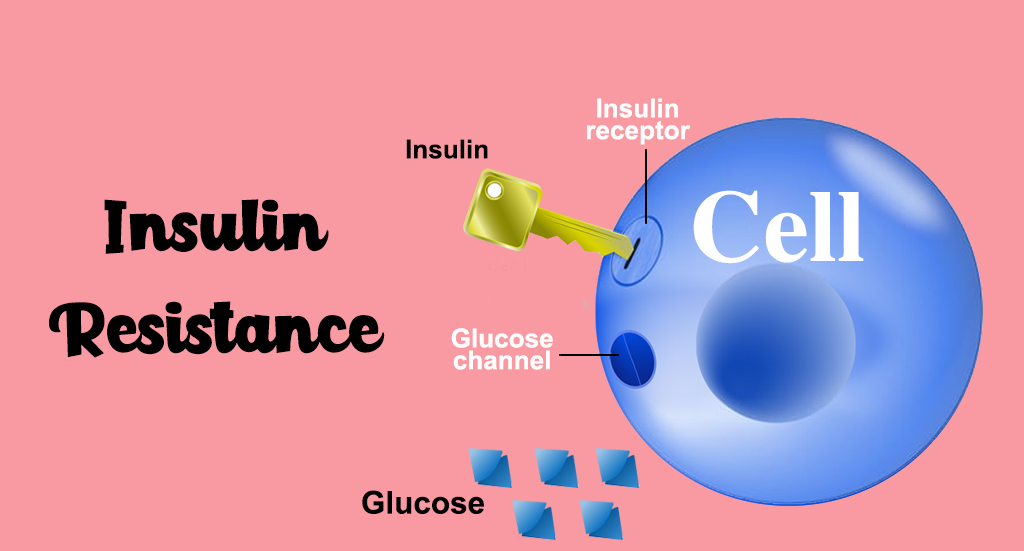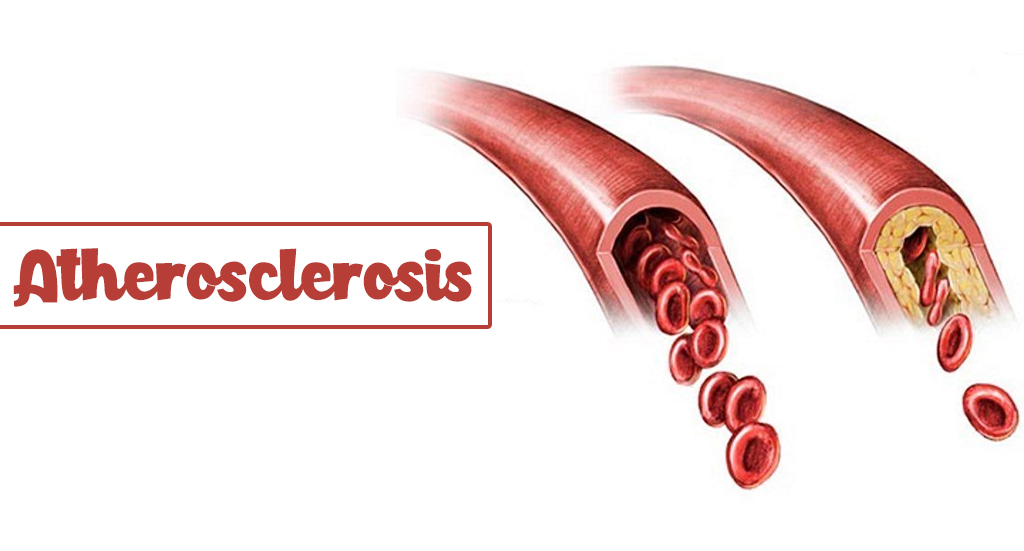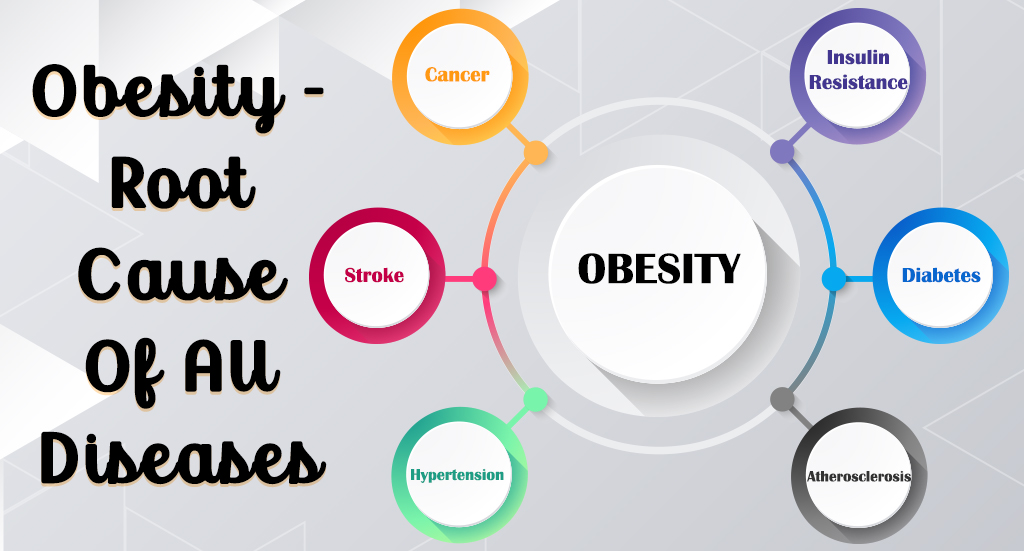‘Obesity’ is a word everyone familiar with. What does it mean? It simply means excessive body fat. Being overweight and obese, are two different terms but in simple terms, mean a person’s weight being greater than what it is supposed to be, as per his or her height. The weight could be derived from the muscles, bones or water from the body.
Fat is not all bad a certain amount of body fat is necessary for storing energy, heat insulation, shock absorption, and other essential bodily functions. There are several methods which can determine obesity based on different parameters, BMI is the most popular. BMI is the body mass index which can easily be calculated based on the height and weight with a very simplified formula. According to the revised module, BMI of 18.5 – 22.9 is considered the normal, 23 – 24.9 represents the overweight group, 25 – 29.9 is grade I obesity, 30 – 34.9 is grade II obesity, 35 – 39.9 is grade III obesity and 40 and above is morbid obesity. This revised module is typically suitable for the Indian population because of the higher lipid profile.
Obesity is not just a superficial problem; it is harmful to one’s health as it alters the whole body’s metabolism and predisposes to several chronic noncommunicable diseases condition. It is the root cause of all noncommunicable diseases, including the following:
Insulin resistance: 
Insulin is one of the most important hormones in the body, responsible for the transport of blood glucose into the cells for fulfilling its necessary function. Glucose comes from the food we eat. After digestion, this simple sugar molecule comes in the blood vessels and with the help of insulin hormone, it is transported to the cells. Through transporting glucose into cells, insulin keeps the blood glucose levels in the normal range. During chronic obesity, insulin receptors lose their function as fat cells are more insulin resistant than muscle cells. The pancreas initially responds to insulin resistance by producing more insulin.
Type- II diabetes:

Prolonged obesity can lead to Type- II diabetes by causing hyperinsulinemia with normal blood glucose levels. As long as the pancreas can produce enough insulin to overcome this resistance, the blood glucose levels remain normal. Once the pancreas can no longer keep up with producing high levels of insulin, blood glucose levels will begin to rise and result in Type- II diabetes.
Atherosclerosis:

This is a very common condition that is seen in patients with prolonged obesity. Due to the presence of excess fat cells in the body, the blood profile ultimately gets disturbed and hence increase the formation of plugs in the blood vessels. These plugs ultimately cause a condition called atherosclerosis.
Hypertension:

Due to the increased size and fat deposition the narrowing of blood vessels occur, which ultimately increases the peripheral pressure of the blood and in turn increase the blood pressure.
Stroke:

The increase in blood pressure, clog in the blood vessels and narrowing of the blood vessels can lead to cerebrovascular accidents or stokes.
Heart attack / Congestive heart failure:

Scientific studies have proved that, with increased BMI, the risk of coronary artery disease has increased by 3 to 4 times. One study specifically showed the correlation between obesity and heart attack as it indicated that every kg of weight gain increases the chance death due to heart attack by 1% who has already a history of cardiovascular illness.
Cancer:

Through studied it has been proved that obesity increases the chances of colon, gallbladder and breast cancer. For example, a high level of estrogen exposure for a prolonged time due to the presence of extra fat tissue increases the chance of breast cancer.
Apart from the above-mentioned diseases, obesity also causes several other diseases, like gallstones, gout, osteoarthritis, sleep apnea, etc. Thus always be careful while the weight gain started. Lifestyle modification with proper exercise and diet one can avoid all this morbid complication, which not only decrease the life expectancy but also increase the economic burden. Thus stay fit and healthy, and always check your weight.








